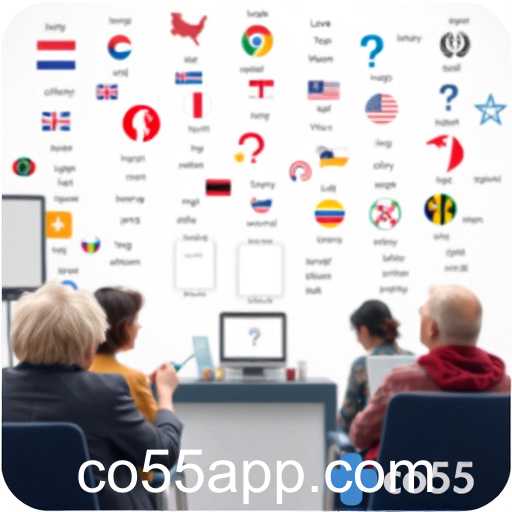Language quizzes have become a fascinating and engaging way for enthusiasts around the globe to test and improve their linguistic skills. As part of the increasingly popular online platforms that cater to diverse learning audiences, these quizzes offer an interactive form of education that transcends traditional classroom boundaries.
The attraction to language quizzes lies in their ability to make learning enjoyable and accessible. Unlike standard language courses that can often seem daunting and monotonous, quizzes transform language acquisition into a lively experience. Users can choose from a broad array of languages, ranging from widely spoken tongues like French, Spanish, and Mandarin Chinese, to more niche languages such as Swahili or Icelandic.
Each quiz is typically structured to challenge various language competencies, including vocabulary, grammar, and even pronunciation. For instance, a word definition quiz might enhance a user's vocabulary, while sentence completion exercises improve grammatical understanding. Moreover, audio-based questions can be particularly beneficial for learning pronunciation and listening skills—helping users not only read but also comprehend spoken language effectively.
One of the significant advantages of engaging with online language quizzes is their accessibility and convenience. They fit effortlessly into the modern, fast-paced lifestyle that many people lead. Users can start a quiz during a lunch break, or while commuting, turning these everyday pauses into productive learning moments. This accessibility is further enhanced by the variety of available digital devices, from smartphones to tablets and personal computers, allowing users to interact with quizzes anytime and anywhere.
The keyword "co55" possibly denotes a unique categorization or specific search term for language quizzes on a particular website. Such identifiers can help users locate specific types of quizzes more easily, tailoring their learning experience to suit their personal interests and needs.
In conclusion, as interactive learning tools, language quizzes hold tremendous value. They not only inject an element of fun into language learning but also allow for customization and flexibility which traditional methods might lack. With the seamless integration of technology in education, language quizzes will undoubtedly continue to evolve, offering richer content and improved interactivity for learners worldwide.








